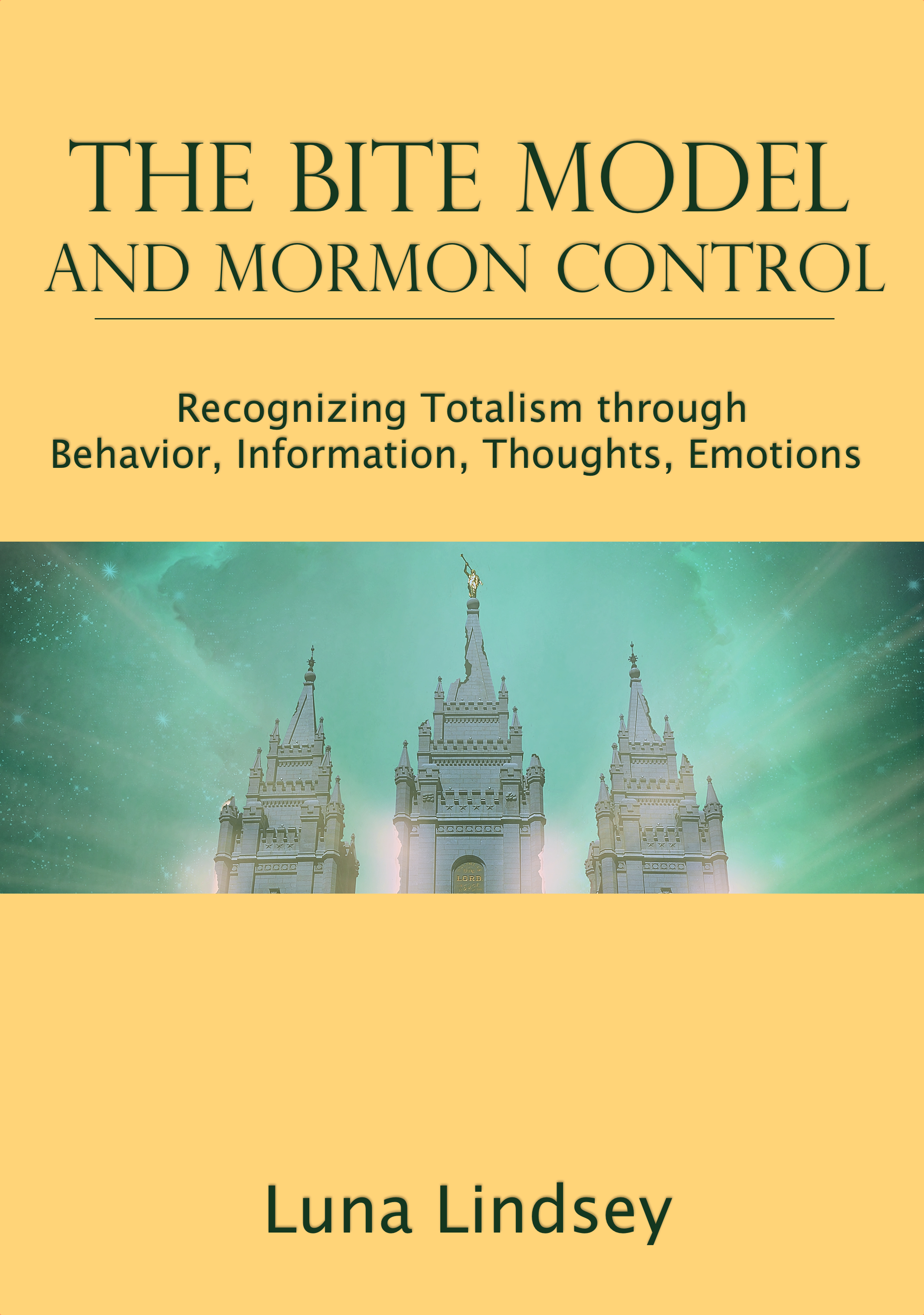Most who join cults are average, everyday people from functional families. They have no mental health issues, no paranoias, no particular gullibility.
Researchers have observed that most people are recruited to cults during unstable times in their lives. For this reason, cults often intentionally target people who have recently lost a loved one, is suffering from loneliness or depression, is transitions (career changes, lost job, moving to a new city, breakup or divorce), or is undergoing spiritual confusion.
The most common age groups for cult conversion are teenagers and college aged young adults. Their place in the natural development cycle often leaves them on uncertain ground. Most young people are seeking meaning and identity, while inventing themselves as autonomous from their parents.
Idealistic people are especially easy to convert. Appeals to deeply held principles can entice a new convert, even if the organization doesn’t, in fact, follow those principles.
Groups sometimes even have their own loaded language for people who are “Ready”. “Raw meat” in Scientology and the less degrading “golden investigator” for soon-to-be Mormons.
Read more about Destabilization in my book, Recovering Agency: Lifting the Veil of Mormon Mind Control.



